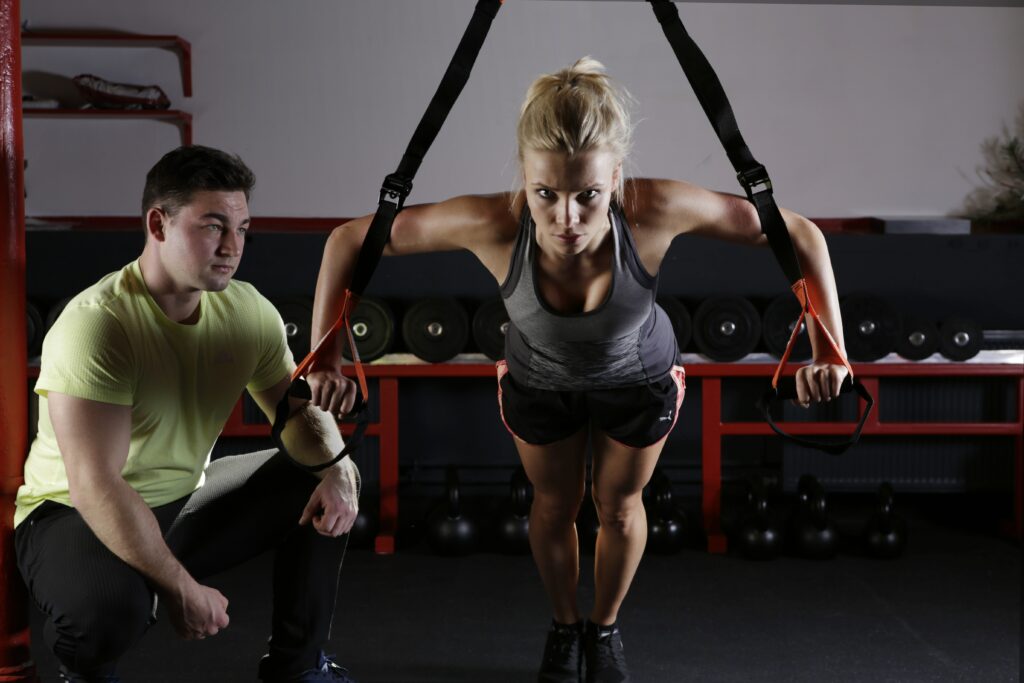Choosing a college major can be an overwhelming task, particularly when students are uncertain about their career aspirations. The field of kinesiology, which involves the study of human movement and physical activity, has become increasingly popular among students. However, many are uncertain whether kinesiology is a demanding major.

This article aims to provide an in-depth analysis of the advantages and disadvantages of pursuing a degree in kinesiology, as well as the associated career prospects and remuneration. Furthermore, we will examine the work environment and offer insights into the expectations that students can have if they decide to undertake this challenging and fulfilling major.
Kinesiology: Is it a Hard Major?
Kinesiology is a challenging major that requires students to have a strong foundation in science and critical thinking. However, for those who are interested in human movement and health, it can be an exciting and rewarding field of study. Kinesiology graduates have a variety of career opportunities available, including athletic training, physical therapy, occupational therapy, exercise physiology, and sports coaching.
While the competition for jobs can be intense, gaining practical experience through internships or research opportunities can make graduates more competitive in the job market. Ultimately, students who are considering a major in kinesiology should weigh the pros and cons and consider their interests and goals before making a decision.
Kinesiology: What Is It?
Research into human motion and exercise is known as kinesiology. It applies scientific principles to physical exercise, rehabilitation, and health promotion. This major teaches students about the structure, function, and response to physical activity of the human body. Students study anatomy, physiology, biomechanics, exercise physiology, and motor control, among other subjects.
Pros of Kinesiology
One of the significant advantages of a kinesiology major is the ability to help people. Kinesiologists can work with individuals to help them recover from an injury or illness, manage chronic conditions, and promote overall health and wellness. In addition, kinesiology is a dynamic field that continues to evolve as new research is conducted, which makes it an exciting major for those who love to learn.
Another advantage of kinesiology is the variety of job opportunities available. Kinesiologists can work in hospitals, clinics, sports teams, fitness centres, and other settings. Some of the careers available include athletic trainer, physical therapist, occupational therapist, exercise physiologist, and sports coach.
Cons of Kinesiology
One of the significant challenges of a kinesiology major is the required coursework. Students must take challenging courses, such as anatomy and physiology, that require a lot of memorization and critical thinking. In addition, some courses, such as biomechanics, require students to have a solid understanding of physics.
Another challenge of a kinesiology major is the competition for jobs. While there are a variety of career opportunities available, there is also a lot of competition for these jobs. It is essential for students to gain practical experience through internships or research opportunities to make themselves more competitive in the job market.
Career Possibilities and Expected Pay
Kinesiology graduates have a variety of career possibilities available to them. Some of the careers that graduates can pursue include:
- Athletic Trainer: Athletic trainers work with athletes to prevent and treat injuries. They also provide rehabilitation and emergency care.
- Physical Therapist: Physical therapists work with patients to help them recover from injuries or illnesses that affect their ability to move.
- Occupational Therapist: Occupational therapists work with patients to help them regain skills that they need to perform daily tasks.
- Exercise Physiologist: Exercise physiologists work with patients to develop fitness and exercise plans to promote overall health and wellness.
- Sports Coach: Sports coaches work with athletes to help them develop skills and strategies to perform their best.
The expected pay for these careers varies depending on the position and location. According to the Bureau of Labor Statistics, the median annual wage for athletic trainers was $50,540 in May 2021. The median annual wage for physical therapists was $91,010, while occupational therapists earned a median annual wage of $86,280. Exercise physiologists earned a median annual wage of $50,850, while coaches and scouts earned a median annual wage of $40,460.
Workplace Atmosphere
The work environment for kinesiology graduates varies depending on the career they pursue. Athletic trainers and physical therapists typically work in hospitals, clinics, or sports teams. Occupational therapists may work in hospitals, schools, or nursing care facilities. Exercise physiologists may work in hospitals, fitness centres, or research institutions, while sports coaches often work in schools, colleges, or professional sports teams.
One common factor across these career paths is that they involve working directly with people. Kinesiology graduates often work with patients, clients, or athletes to improve their physical health, which requires excellent communication and interpersonal skills. Some positions may also involve working irregular hours, such as evenings or weekends, to accommodate clients’ schedules.
Another aspect of the work environment to consider is the physical demands of the job. Athletic trainers, physical therapists, and occupational therapists may spend a significant amount of time standing or bending over patients, which can be physically demanding. Exercise physiologists and sports coaches may also spend long hours on their feet, leading exercise classes or coaching athletes.
Conclusion
Pursuing a kinesiology major can be both challenging and rewarding. The coursework can be difficult, but the hands-on learning and diverse career opportunities make it a worthwhile pursuit. Graduates can work in various fields, including fitness and wellness, sports performance, rehabilitation, education, and research. The work environment can be dynamic and exciting, with opportunities to work with people of all ages and abilities. Ultimately, students who are passionate about health and fitness can find fulfilling careers in kinesiology with the right education and training.